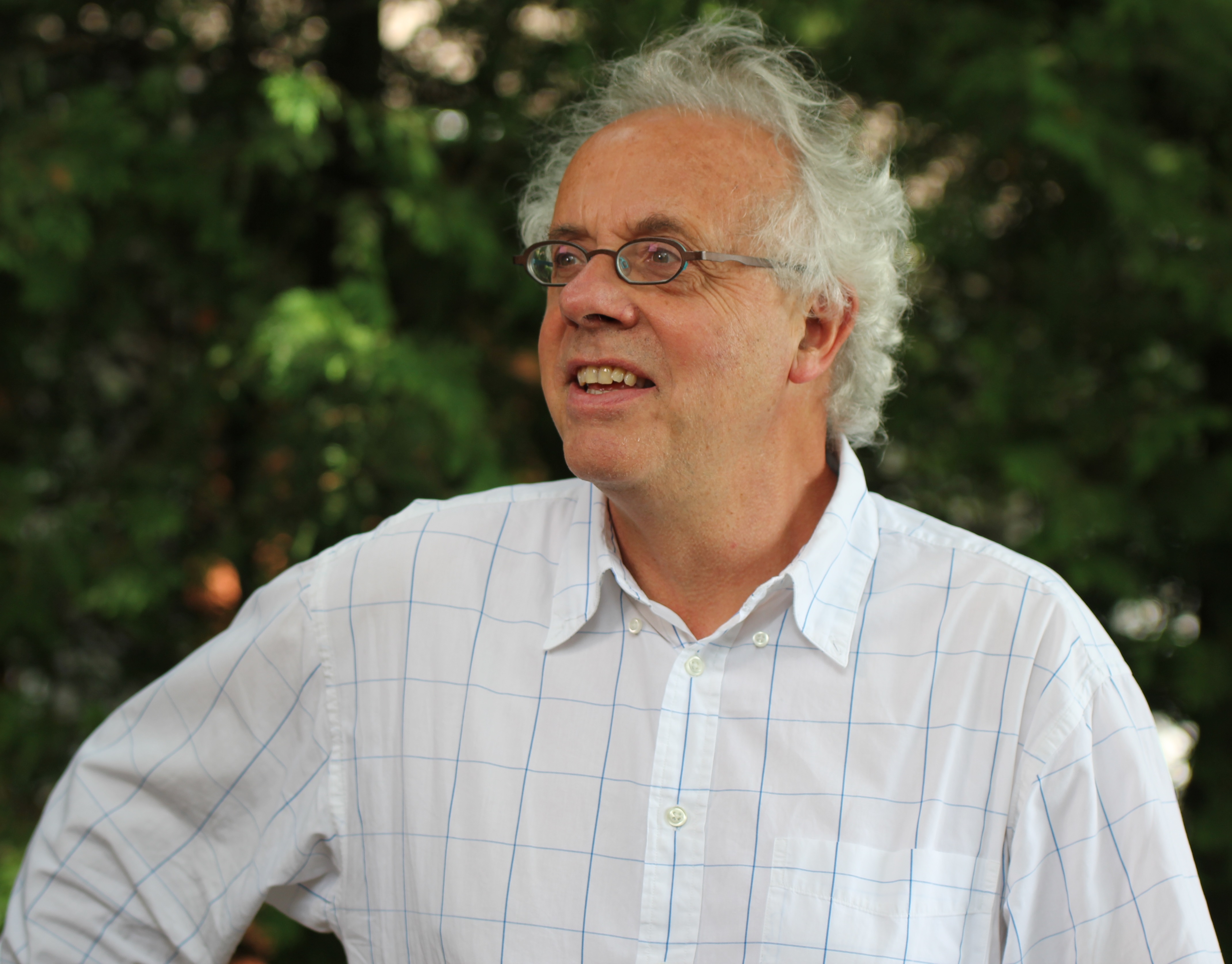Britain’s much loved NHS is a prime target for populist politicians, says Richard Smith
 The NHS is by far the most beloved of British institutions. British Rail was a byword for inefficiency and squalor. Nobody loves British Telecom, British Gas, or British Airways, and the BBC is scorned by extremists on both sides. This makes the NHS, which featured in the opening of the London Olympics and belief in which has been compared to a religion, a natural target for populists. This, I suggest, has some upside but more downside.
The NHS is by far the most beloved of British institutions. British Rail was a byword for inefficiency and squalor. Nobody loves British Telecom, British Gas, or British Airways, and the BBC is scorned by extremists on both sides. This makes the NHS, which featured in the opening of the London Olympics and belief in which has been compared to a religion, a natural target for populists. This, I suggest, has some upside but more downside.
The central image of the deeply divisive Brexit referendum was the bus featuring the words: “We send the EU £350 million each week. Let’s fund the NHS instead. Vote Leave. Let’s take Back Control.” These are clever words. There is one fact in the words—that Britain sends £350m each week to the EU—and that is true. The fact that Britain gets most of it back and enjoys many other advantages from the EU is omitted. The money could not thus be spent on the NHS, but the words on the bus do not directly say that it would be. The strong implication was that the EU—an organisation which few understand, is comprised mainly of “foreigners,” and nobody much loves—was an enemy to a much loved national treasure.
The slogan and the strategy of linking the European Union to the NHS were supposedly thought up by Dominic Cummings, the radical director of the Leave Campaign, who has been described as an “evil genius” and by a former prime minister as a “career psychopath.” He is now chief executive of the current prime minister’s staff and committed to achieving Brexit by 31 October by any means possible, including if necessary ignoring Parliament.
A brilliant television play Brexit: The Uncivil War illustrated well the cleverness of Cummings, so much so that Remainers objected that it made him a hero. A key scene showed him unhappy with the slogan “Take control” and coming up with the words “Take back control.” The insertion of the word “back” changes everything, moving the slogan from something that feels aggressive to a slogan that sounds reasonable and resonates with those who think we have lost control and those who hanker after a golden, simpler past when Britain ruled the world and doctors, not bureaucrats, ran the NHS.
Like a wolf into the fold Cummings, an instinctive if elitist populist, has again put the NHS at the centre of the battle over Brexit. Boris Johnson, the new prime minister, is making promises about the NHS, and in particular has committed £850 million to various capital projects within the NHS. This money, which is mostly not new, is tiny compared with what is needed. As I reported a few weeks ago: “The capital budget for the NHS has fallen by 7% from £5.8 billion in 2010/11 to £5.3 billion in 2017/18 with money being transferred from the capital to the revenue budget. Capital spending in trusts has fallen by 21% over the same period—from £3.9 billion to £3.1 billion. The maintenance backlog has increased from £4.4 billion in 2013/14 to £6 billion in 2017/18. To bring capital spending up to the OECD average would require another £3.5 billion in 2019/20. Around 40% of NHS buildings…are more than 30 years old, and 18% date back to before the NHS was founded in 1948.”
Populism dictates how the money must be spent. Firstly, it must be scattered around the country, which means funding lots of the smallest capital projects rather than a few big ones. Secondly, it must be spent on something tangible, something that people can easily understand and the prime minister can visit. Thirdly, you must give the impression that the money will mean not just mending ancient, collapsing infrastructure but will bring “world class care” to Britons and will help with the recruitment crisis.
In other words, the money is primarily intended, as with the Brexit bus, not to improve the health of the British people or their services but to increase the popularity of the new government, making it more likely that it will be able to push through Brexit and be re-elected. If you really wanted to improve the health of the people and their services you would spend the money very differently, probably not on the NHS at all and certainly on social services ahead of NHS buildings.
Another clever part of the strategy is that those within the NHS cannot do anything but thank government for the money and worse go along with the fiction that it will make an important difference. Thus you have the medical director of NHS England on the radio talking up the value of the investment, repeating, as he was undoubtedly told to do, how he had worked on the frontline of the NHS for 30 years. This was no untrustworthy politician talking but a real doctor, not a bureaucrat.
Health systems everywhere, however funded and structured, are politically important, but the NHS, which we are busy “loving to death,” is a prime target for populist politicians—and pandering to populism is perilous.
Richard Smith was the editor of The BMJ until 2004.
Competing interest: RS is the chair of Patients Know Best and the Point of Care Foundation, but the views expressed here are entirely his and nothing to do with either organisation.
